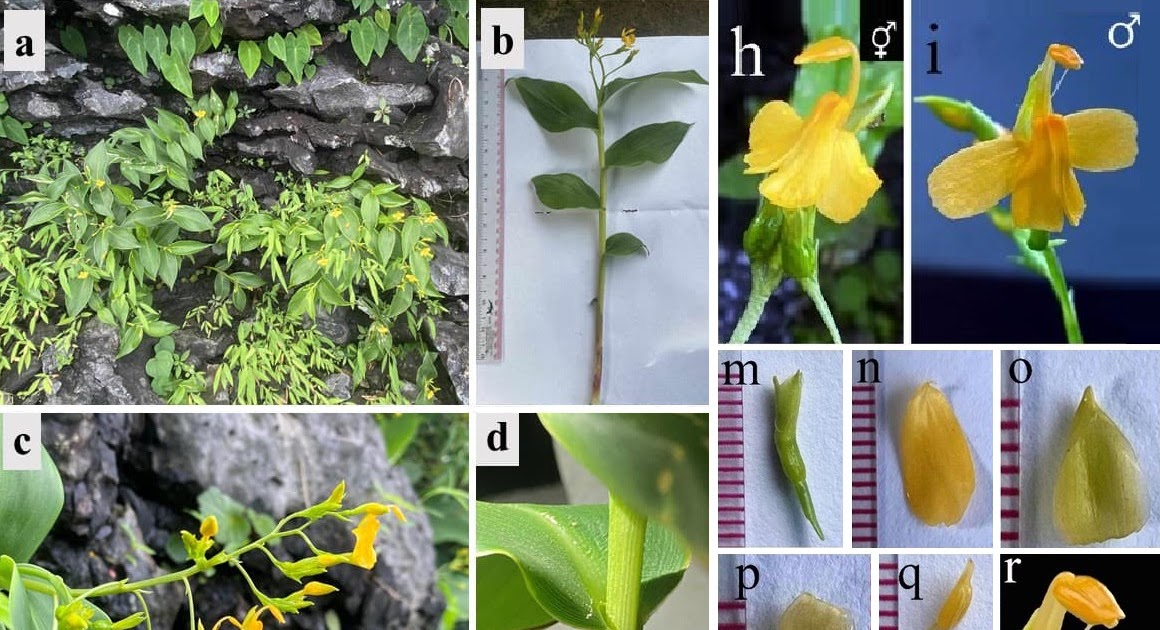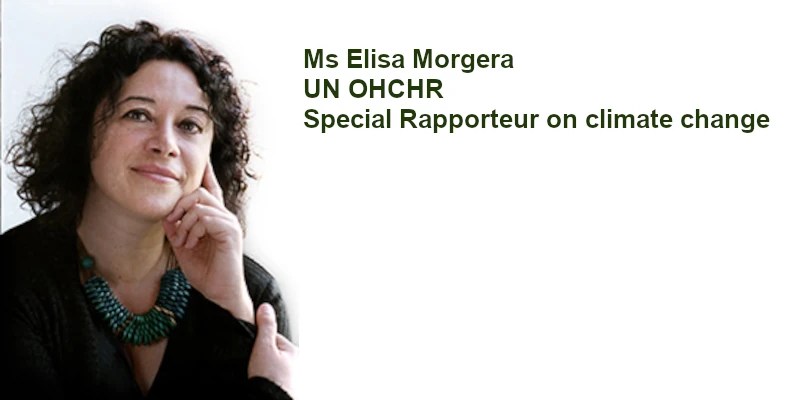
A study from UCLA Health highlights how speaking multiple languages can improve thinking and self-control in children, whether they are autistic or not. It suggests that multilingualism strengthens mental skills like focus, flexibility, and understanding others.
It may also help reduce repetitive behaviors often associated with autism. These findings add to growing evidence of the cognitive advantages of knowing more than one language.
The research, published in Autism Research, compared the mental skills of children from multilingual households to those from monolingual ones. Parents of both autistic and non-autistic children in multilingual homes reported their children had stronger executive function.
This term refers to skills needed for managing thoughts and actions, such as concentrating, adapting to new situations, and understanding other people’s perspectives.
Dr. Lucina Uddin, the study’s lead researcher and a professor at UCLA, explained that multilingual children showed better abilities to focus, switch tasks, and understand others’ viewpoints.
These skills are often harder for children with autism, so the findings are especially encouraging for families navigating the challenges of autism.
The study began at the University of Miami and involved over 100 children aged 7 to 12. Some came from homes where only one language was spoken, while others lived in households where Spanish and English were both used. Parents filled out surveys about their children’s mental skills, including:
- Inhibition: The ability to resist distractions or avoid doing something unhelpful.
- Working memory: The skill of holding information in mind, like remembering a phone number.
- Shifting: The ability to smoothly switch between tasks, such as cleaning up after playing.
Parents also rated their children’s social communication, understanding of other people’s perspectives, and repetitive behaviors—areas that are often affected by autism.
The results showed that children in multilingual households scored better on inhibition, shifting, and perspective-taking skills, regardless of whether they were autistic. Dr. Uddin explained that switching between languages may help children strengthen these abilities.
For example, when a child has to decide which language to use in a given situation, they practice suppressing one language while using the other. This exercise may enhance their ability to stay focused and adapt to new tasks.
Interestingly, multilingualism also seemed to help with some core challenges of autism. Autistic children in multilingual households were reported to have fewer repetitive behaviors, better communication, and improved perspective-taking skills.
Some parents of autistic children worry that speaking multiple languages at home might slow their child’s language development. However, Dr. Uddin emphasized that this study found no evidence of harm.
In fact, it suggested long-term benefits. She encouraged families to embrace all the languages connected to their culture, saying, “It’s actually beneficial to celebrate all the languages associated with your culture.”
The research team is now expanding their study to better understand these effects. They plan to recruit 150 autistic children and use more detailed tests and brain imaging to explore how multilingualism influences executive function and language development.
This study provides reassurance and hope to parents raising multilingual children, especially those with autism. It suggests that fostering multiple languages at home not only enriches cultural connections but also supports critical thinking and social skills.
If you care about autism, please read studies about a new cause of autism, and cats may help decrease anxiety for kids with autism.
For more information about health, please see recent studies about vitamin D that may hold the clue to more autism, and results showing strange eating habits may signal autism.
The research findings can be found in Autism Research.
Copyright © 2025 Knowridge Science Report. All rights reserved.







Leave a Comment